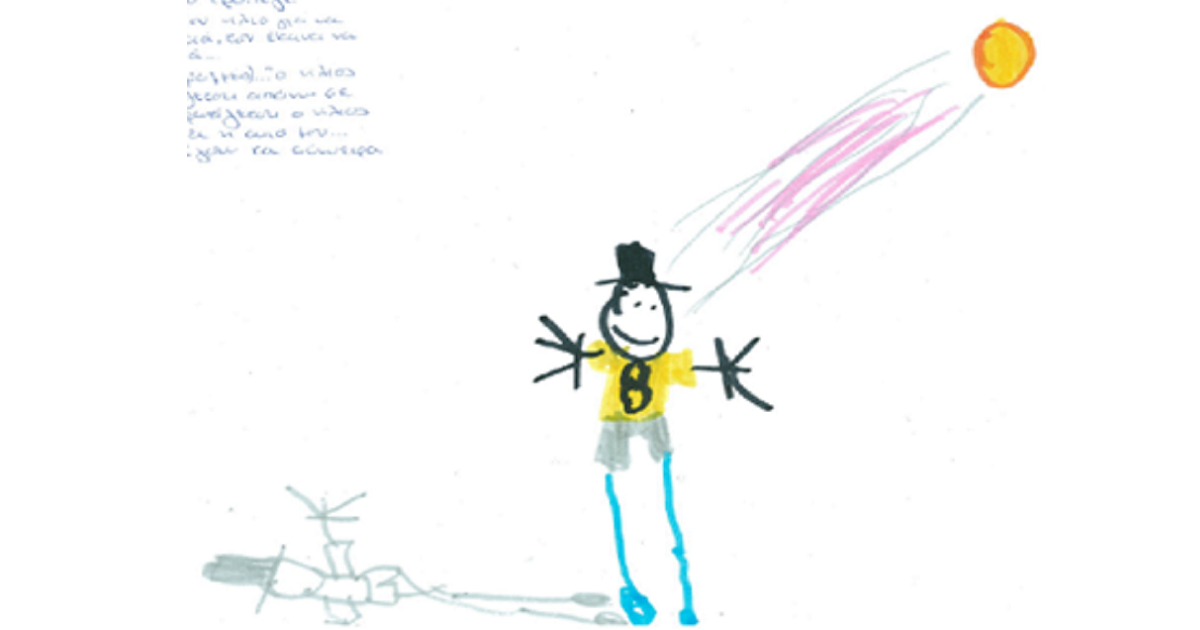Empowerment of Science Education for Young Children: Current Research and Implications for Learning
A special issue of Education Sciences (ISSN 2227-7102). This special issue belongs to the section "Early Childhood Education".
Deadline for manuscript submissions: 31 August 2024 | Viewed by 692

Special Issue Editors
Interests: science education; early childhood education; teacher education; drawing and playing in STEM education
Interests: early childhood education; early science education; participatory learning and teaching; pre-service and in-service teacher education
Special Issue Information
Dear Colleagues,
Early childhood education provides a challenging context for science educators and researchers for the integration of scientific concepts and phenomena into educational programmes and processes. On one hand, there is a tradition attached to early childhood education anchored in the social development of a young child. As such, in many educational contexts internationally, social interaction and language acquisition are recognised as the main areas of focus for early childhood education. Approaches encouraging free play are often advocated (Fleer & March, 2009) to allow each child to interact with others, with objects or phenomena at their own rhythm, and taking into account their own development. On the other hand, school science education and research associated with science didactics proposes science teaching strategies to enhance children’s understanding of science with teaching models that can often be derived from further schooling. For example, many researchers have studied the possibility of introducing young children to inquiry-based science practices. Previous research has highlighted the significant effect that teaching interventions can have on young children’s understanding of science phenomena when children are encouraged to manipulate and to share their ideas with others (Boilevin, Delserieys & Ravanis, 2022). To enhance participation in children’s learning, it is necessary to listen and to determine children’s ways of acting and communicating. In addition, communication involves participants’ effort to create meanings in an attempt to form a common ground of understanding. However, for many reasons explored in previous research (Areljung, 2019), early childhood educators often feel uncomfortable with science content knowledge and practices in the context of open mediated procedures or more structured inquiry approaches.
Although the importance of science at an early age has been advocated by many researchers (see, for example, Eshach and Fried, 2013), the place of science in early childhood education, and the way researchers approach it, takes many different forms. It can be seen as an object of learning where the issue is generally about the ability of young children to develop scientific thinking. It can also be seen as a context of learning where science provides interesting experiences and objects to trigger children’s social and language development.
This Special Issue of Education Sciences aims to reflect current trends in science education in early childhood education research that support the expression of a first scientific thought and explore how a scientific context allows young children to engage in different forms of representations and expression. This issue is concerned with the latest research in early science education that addresses the questions of meaning making in science, as well as meaningful and sustainable science practices in the classroom. This Special Issue can concern research about teachers’ practices; students, considering the diversity of students, including language diversity or special education; the proposal of novel teaching interventions; or analyses of practices, projects or curriculum development. Any other topic within the scope of this Special Issue is also welcome and will be fully considered.
Ideas/beliefs/perceptions/meaning making of children and teachers in science.
Teaching interventions, materials and/or processes.
Various forms of expression and communication in early science education (drawing, narrative constructions, digital education, body gestures, etc.).
In-service and preservice education/training.
……
Dr. Alice Delserieys Pedregosa
Dr. Maria Kampeza
Guest Editors
Manuscript Submission Information
Manuscripts should be submitted online at www.mdpi.com by registering and logging in to this website. Once you are registered, click here to go to the submission form. Manuscripts can be submitted until the deadline. All submissions that pass pre-check are peer-reviewed. Accepted papers will be published continuously in the journal (as soon as accepted) and will be listed together on the special issue website. Research articles, review articles as well as short communications are invited. For planned papers, a title and short abstract (about 100 words) can be sent to the Editorial Office for announcement on this website.
Submitted manuscripts should not have been published previously, nor be under consideration for publication elsewhere (except conference proceedings papers). All manuscripts are thoroughly refereed through a double-blind peer-review process. A guide for authors and other relevant information for submission of manuscripts is available on the Instructions for Authors page. Education Sciences is an international peer-reviewed open access monthly journal published by MDPI.
Please visit the Instructions for Authors page before submitting a manuscript. The Article Processing Charge (APC) for publication in this open access journal is 1800 CHF (Swiss Francs). Submitted papers should be well formatted and use good English. Authors may use MDPI's English editing service prior to publication or during author revisions.
Keywords
- early childhood science education
- preschool education
- children’s learning
- teacher education
- children’s participation
- teacher’s perception






